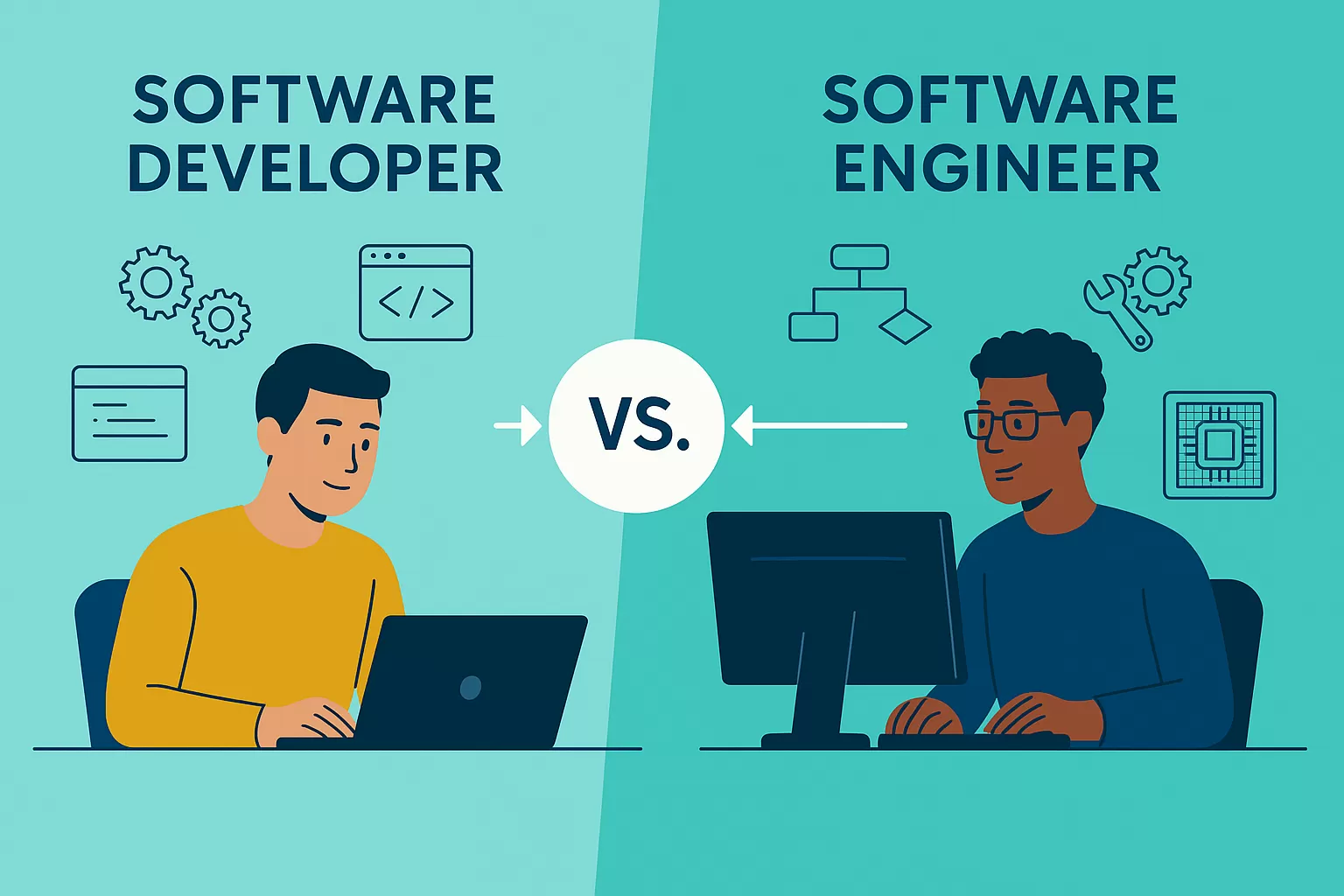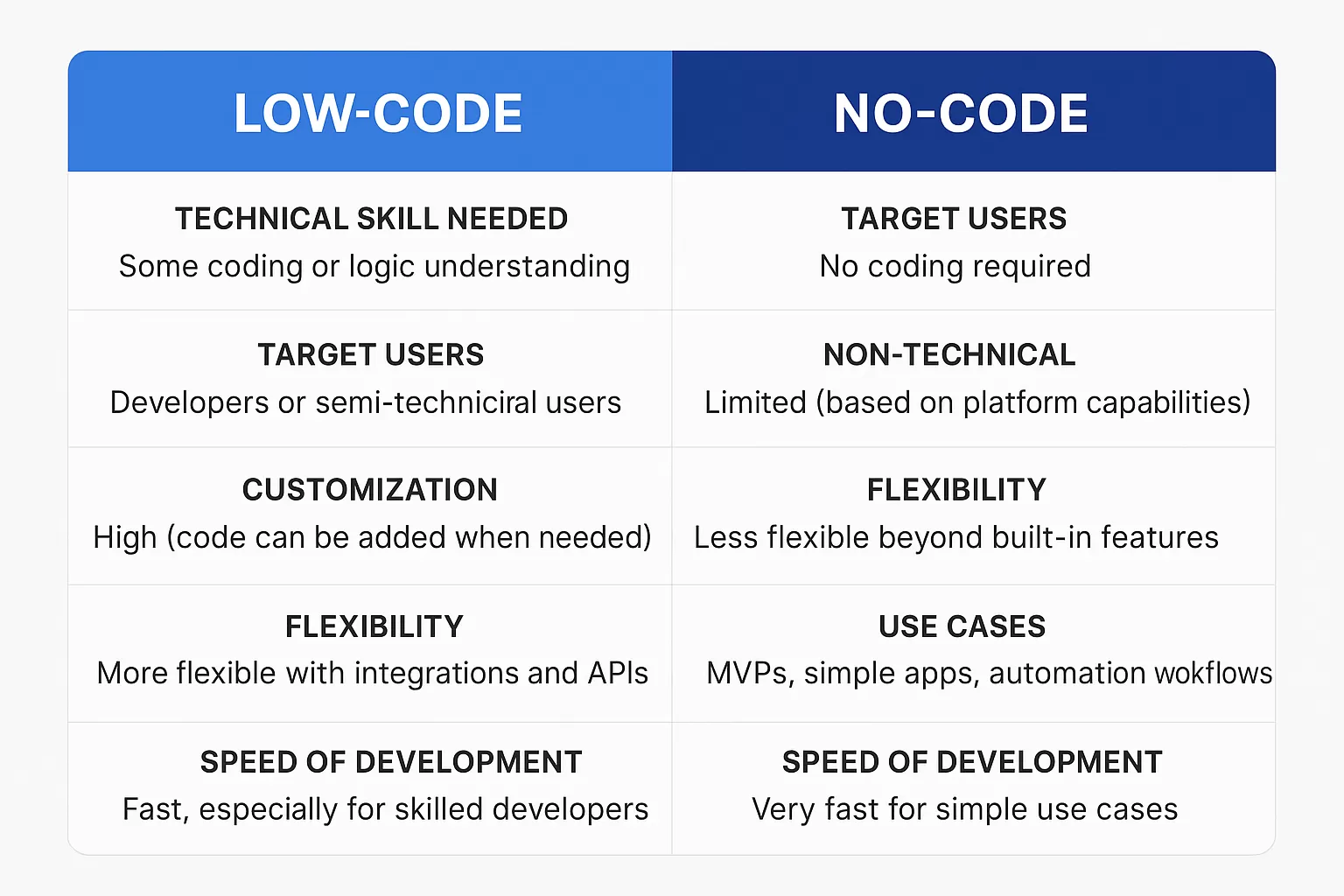
- Services .
-
Hire Developers .
- Industries .
- Company .
Explore detailed insights, expert opinions, and updates in our blog. Stay informed, discover new perspectives, and enhance your knowledge with every read.

In today’s fast-paced digital world, mobile apps are no longer a luxury—they’re a necessity for business growth. Whether you're running a startup, small business, or a large enterprise, having a dedicated mobile app can be a game-changer.
As smartphone usage continues to skyrocket in 2025, mobile apps have become the direct bridge between brands and customers. This blog breaks down exactly how a mobile app can accelerate your business growth, with real-world strategies and insights.
📲 1. Direct Communication Channel
A mobile app gives your business a 24/7 direct line to your customers. With features like push notifications, in-app messages, and updates, you can communicate promotions, new features, and more.
✅ Benefits:
🧠 Pro Tip: Use analytics to send targeted push notifications based on user behavior for better results.
💰 2. Boost Sales Through Mobile Commerce
Mobile apps streamline the buying process, making it easier and faster for customers to make purchases or bookings.
✅ E-commerce & Retail Apps:
✅ Service-Based Apps:
🧠 Stat Alert: Mobile commerce is expected to reach $4.5 trillion globally in 2025. If you're not on mobile, you're missing a huge piece of the pie!
👥 3. Build Customer Loyalty
Apps create a personalized space for your customers. Through features like loyalty programs, exclusive offers, and in-app rewards, businesses can nurture long-term relationships.
✅ Loyalty Ideas:
🧠 Why it works: Customers love feeling “special.” Apps let you reward them regularly, right in their pocket.
📊 4. Real-Time Data and Analytics
With a mobile app, you gain access to real-time data about your users' behavior, preferences, and spending patterns.
✅ What You Can Track:
🧠 Use the Data To:
Data-driven decisions = smarter growth.
🌎 5. Expand Your Global Reach
With mobile apps, geography is no longer a limit. Even small businesses can reach global markets, thanks to app stores and digital payment gateways.
✅ Localization Features:
🧠 Why it matters: The app stores (Google Play & Apple App Store) give your business a global storefront that works 24/7.
⚙️ 6. Streamline Operations
Apps aren’t just for customer interaction—they also help businesses improve their internal efficiency.
✅ Internal App Examples:
🧠 Result: Save time, reduce errors, and increase productivity across departments.
🤝 7. Better Customer Support
Integrating live chat, AI-powered bots, or ticketing systems within your app ensures customers can reach you anytime.
✅ Support Features:
🧠 Why it matters: Fast and easy support increases trust and leads to repeat business.
🔍 8. Enhanced Brand Recognition
A mobile app gives your business a digital identity. With a consistent app icon on a user’s phone, your brand becomes part of their daily life.
✅ Tips to Strengthen Branding:
🧠 Stat: People spend 88% of their mobile time on apps. If your logo is on their home screen, you're winning.
🎯 9. Personalized Marketing & Upselling
Apps let you create hyper-personalized user experiences based on behavior, location, and purchase history.
✅ Personalization Examples:
🧠 Result: Higher conversion rates and improved customer lifetime value (CLTV).
📈 10. Competitive Advantage
In 2025, mobile apps are still a differentiator, especially in local or niche markets.
✅ Stand Out By:
🧠 Why it matters: Early mobile adopters tend to build more loyal and tech-savvy customer bases.
✅ Conclusion: Invest in a Mobile App, Reap the Growth
Whether you’re a B2B software provider, an e-commerce brand, or a local business, investing in a mobile app in 2025 is one of the smartest decisions you can make.
It’s not just about technology—it’s about creating value, building relationships, and staying relevant in a mobile-first world.

How to Economically Hire Web and Mobile App Developers

Cross-Platform App Development Guide for Startups

Custom Web Application Development Guide for Startups

AI in Foreign Policy: Transforming Global Diplomacy

How AI and 5G Are Reshaping the Future of Telecom

How AI Is Shaping the Future of Entertainment Content

Solving Tech Debt: Smart Strategies That Boost Growth

Software Developer vs. Software Engineer: What’s the Difference?

Low-code vs. no-code app development

What Is Digital Transformation? A Modern Business Guide